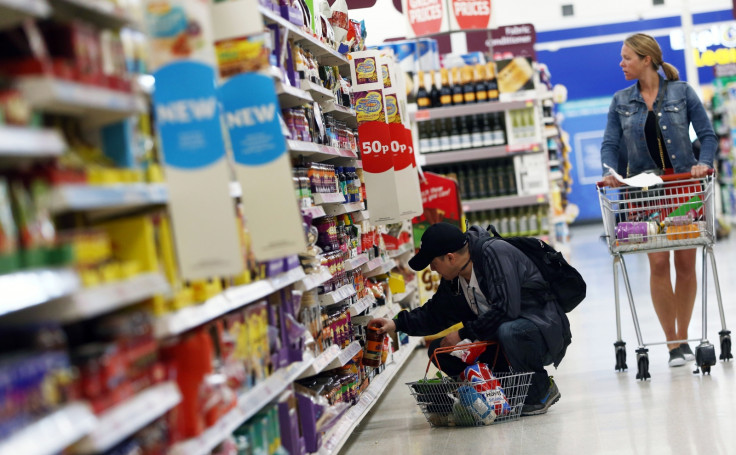UK household cost-cutting at highest level in 2 years
Over half of Britons took cost-cutting measures in the second quarter.

The number of Britons changing their spending habits to lower household expenses hit its highest level in two years in the second quarter, according to a new survey.
Nielsen's global survey of consumer confidence and spending intentions revealed that 53% of consumers were taking cost-cutting measures between April and June – the most since the second quarter of 2015.
Switching to cheaper grocery brands was the most popular way for consumers to cut down on their spending, with savings on gas and electricity and reduced spending on takeaway meals among the other popular ways.
The poll offers further evidence that rising prices and stagnant wage growth are squeezing consumers' pockets.
The UK inflation rate stood at 2.6% in July, well above the Bank of England's 2% target. Rising import prices due to the weakness in the pound since last summer's Brexit vote are one of the major factors behind the rise in inflation.
"Shopping behaviours are changing in a way that is reminiscent of the aftermath of the financial crisis in 2008/09," said Steve Smith, managing director at Nielsen UK and Ireland.
"Shoppers are well trained to use their household grocery budgets as a way to manage overall household costs, particularly as the desire to treat themselves remains. This is shown by the fact relatively fewer people are willing to sacrifice entertainment, holidays, and takeaway meals."
Nearly half of Britons polled said they thought the country was in a recession, with 55% saying that they expected it to last for another year.
A separate study released earlier in August by Visa and IHS Markit revealed that consumer spending fell 0.8% compared to a year earlier in July following a 0.2% drop in June.
The figures were calculated by adjusting Visa credit and debit card transactions for a variety of factors to create a gauge of overall consumer spending.
Five of the eight broad spending categories saw reduced spending volumes in July, with transport and communication and clothing and footwear suffering the biggest falls.
© Copyright IBTimes 2024. All rights reserved.






